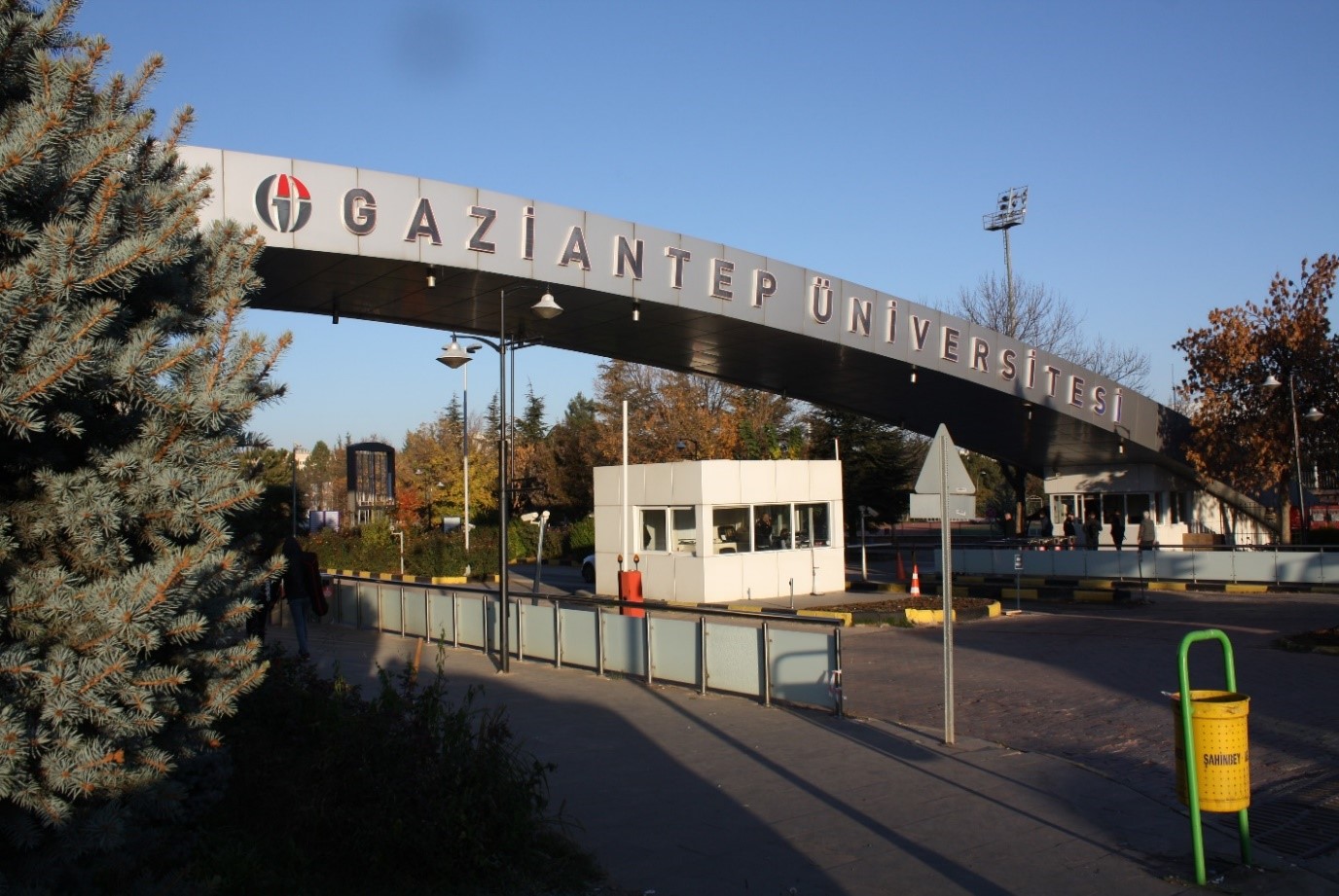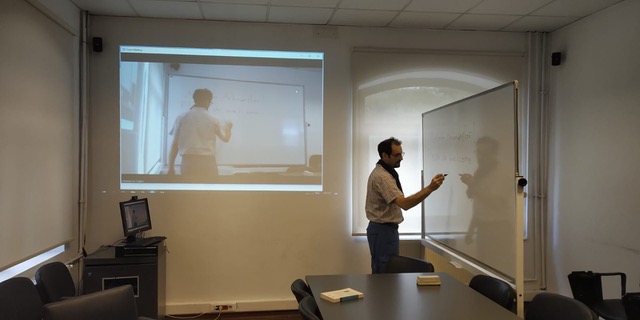In the face of rising international student enrolment, is it time to relaunch the Bologna Process ask Ayhan Kaya and Özge Onursal-Beşgül
- This post is part of a special issue, Higher education during times of crisis in Türkiye
Since 2001, Türkiye has been an active participant in the Bologna Process, which has led to significant reforms in Turkish higher education. However, after a major reform initiative in the early years of its membership, the pace of policy change in Türkiye has slowed considerably. In particular, since the end of the 2000s, discussions on the Bologna Process have all but ceased at both the political and academic levels. This decline in engagement can be partly attributed to the emergence of Euroscepticism in Türkiye.
Unlike many other Bologna Process members, by the time Türkiye began to adopt the process in the early 2000s, it had already met the requirements of the 1999 Bologna Declaration because it had an Anglo-American model of higher education. Thus, except for dentistry, medicine, and veterinary medicine, it fulfilled the main criteria of having a system of easily readable and comparable degrees based on two main cycles, undergraduate and graduate.
Higher education in Türkiye is a centralised system, with the Council of Higher Education at the top. The Council played an active role during the Bologna Process from 2001 onwards, which also facilitated Türkiye’s relatively easy integration. As the reform process gained momentum after 2003, the Council also actively encouraged higher education institutions to harmonise with the European Higher Education Area (EHEA), and make the necessary changes in their administrative and academic structures to implement the European Credit Transfer and Accumulation System (ECTS), learning outcomes, course descriptions, student workload, and the Diploma Supplement.
A discursive shift
The reform of higher education in Türkiye and its integration into the European educational space can be seen as an extension of the Europeanisation of Türkiye. This ongoing dynamic is underpinned by Türkiye’s participation in the Customs Union and its integration into various other EU programmes. However, from the second half of the 2000s, there has been a discursive shift in Turkish higher education circles regarding the promotion of the Bologna Process. This is due to the rise of Euroscepticism. For example, during the stakeholder information sessions on the reforms, there was an active effort to decouple the Bologna reforms as much as possible from Türkiye’s accession to the European Union. The fear was that linking the process to accession could have been a significant obstacle to reform, as there could have been a backlash against “another imposition” from the EU. Those involved in the process deliberately refrained from using Europeanisation as a reference point, instead framing the Bologna Process in terms of globalisation and internationalisation.
The EU is no longer perceived as the sole international anchor by the ruling government
To understand the background of Euroscepticism, it should be noted that, under the ruling Justice and Development Party (JDP), Türkiye has become more active in building relations with other regional actors. This is partly to counterbalance the alienation caused by the leading EU member states, such as Germany and France, after the enlargement of 2004, and partly to set new geopolitical and economic objectives in the globalising world. There has been a growing emphasis on multilateral relations with actors from the Middle East, Africa, the Caucasus, the Central Asian Republics and Russia. As a result, the EU is no longer perceived as the sole international anchor by the ruling government. Therefore, the term internationalisation is preferred to Europeanisation as the latter implies a connection to a specific region.
Social tensions in Türkiye’s political landscape also impacted the Bologna Process. On the one hand, actors who were in favour of Türkiye’s EU candidacy and who were openly critical of the growing Eurosceptic and Islamist discourse of the ruling JDP supported the reform process. On the other hand, dissident students used the discourse of Euroscepticism to express their opposition to the Bologna Process. Additionally, left-wing student organisations in opposition to the JDP government mobilised against the Bologna Process, claiming that it was driven by market forces and aligned with neoliberal principles in line with the government’s general economic agenda. Such dissenting voices were coupled with strong feelings of Euroscepticism and anti-neoliberalism. However, students’ and teachers’ unions were unable to extend their protest movement against the Bologna Process beyond the confines of the universities as political pressure on higher education institutions increased.
The Bologna Process…ultimately reproduced the current top-down, centralised system and created another layer of bureaucracy
Due to changing EU-Türkiye dynamics and government stance, after an intense reform process the Bologna Process lost momentum and there is currently little discussion of the process in Türkiye. The reforms were carried out quickly but they were not properly internalised. While the Bologna Process had the potential to create a reformed higher education system, it ultimately reproduced the current top-down, centralised system and created another layer of bureaucracy on top of the existing one. Nevertheless, the initial reforms were successful and the European Commission’s Türkiye Report of 2023 states that the country is at an advanced stage of implementing the Bologna Process.
Reshaping higher education
The internationalisation and neo-liberalisation of universities in Türkiye continue by other means, as evidenced by the increase in the number of students from neighbouring countries in recent years, especially due to the war in Syria , which started in 2011. In the 2021-2022 academic year, the number of Syrians under temporary protection who were enrolled in universities increased to 53,097, leading to Syrian students accoiting for 10% of total HE enrolment in Türkiye. This figure increased to 58,213 in 2022-2023 – a very high enrolment rate compared to the global average of 7% for refugees. This makes young Syrians the largest group of international students in Türkiye. Given the number of Syrian children between the ages of 5 and 17, the number of students in higher education is expected to grow rapidly in the coming years.
The recent focus of higher education in Türkiye has been on how the country will be affected by and respond to the mass migration of young refugees, especially given the disparities in the quality of higher education institutions. Could the relaunch of the Bologna Process in Türkiye provide a roadmap for the universities at this time of uncertainty? From the beginning, the most important priority of the Bologna Process has been to achieve inclusive higher education systems. Social inclusion has become one of the central narratives of the new Erasmus+ programme (2022-2027), emphasised in all its action plans. Higher education needs to be reshaped to meet the new challenges faced by nation states, and the need for more socially inclusive education systems must be considered within the overall transformation of higher education governance. In light of Türkiye’s divergence from the European Union candidacy trajectory and the escalating trend of Euroscepticism, this undertaking will undoubtedly pose a formidable challenge.
_____________________________________________________________________________________________ This post is opinion-based and does not reflect the views of the London School of Economics and Political Science or any of its constituent departments and divisions. _____________________________________________________________________________________________
Image: Courtesy Turkish National Agency/Erasmus Affairs





